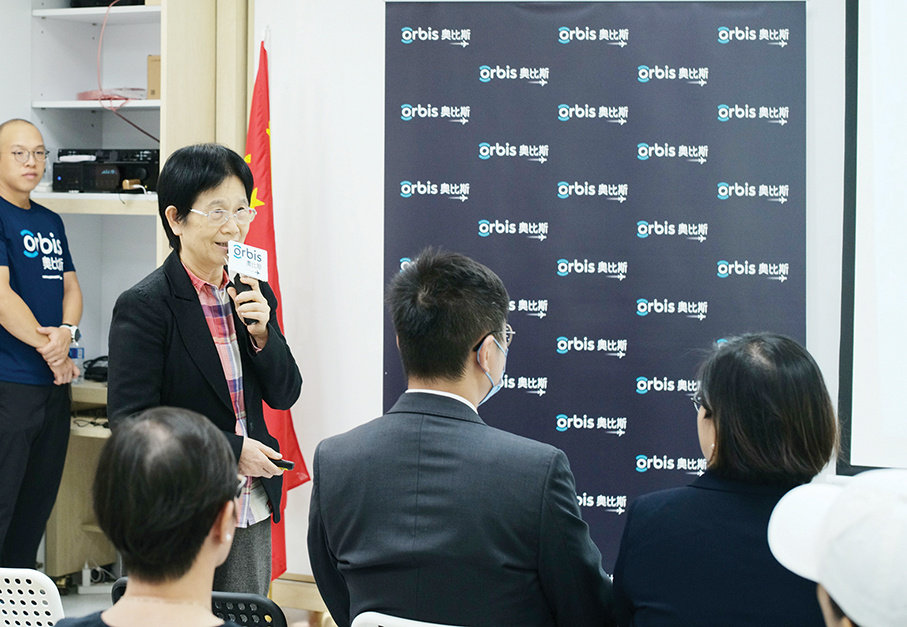The results of Orbis Macau’s “Know Your Eye Health” quiz were shared during an Eye Health Talk on Monday, showing that over 30 percent of respondents have “moderate to above” eye health risks, and that nearly 70 percent from this group have never undergone a comprehensive eye examination, the non-profit, non-governmental organisation (NGO) said in a statement on the same day.
The 356 valid responses were collected between mid-October and November, and analysed with the support of Ying An Medical Centre.
The results showed that the level of eye risk increases with age, noting that around 57 percent of the respondents in the 50-59 age group were at moderate risk or above, while 55 percent were in the 60 or above group, the statement noted. For the younger respondents, 29 percent and 44 percent respectively in the 30-39 and 40-49 age groups were at moderate or above risk level, according to the statement.
The statement pointed out that the proportion of eye examinations in younger respondents is low, noting that for the 30-39 and 40-49 age groups, 59 percent and 57 percent of the respondents respectively reported that they hadn’t undergone a comprehensive eye examination before, and among them, nearly 70 percent of the “moderate or above risk level” respondents had never undergone a comprehensive eye examination.
Data analysis also showed that the most common eye conditions experienced were “eye fatigue”, “itchy eye” and “dry eye”.
Moreover, aside from sharing the results, Ying An Medical Centre ophthalmologists Dr Lo Peng Iok and Dr Cai Sheng Shi also discussed eye care and health information on presbyopia, i.e., the inability of the eye, due to ageing, to focus on nearby objects, and eye trauma respectively.
The statement said that Dr Lo pointed out that it is important to visit an ophthalmologist when one frequently experiences eye fatigue, dry eyes, blurry vision, or develops eye pain and/or headache when using smartphones over a prolonged period at close range or while reading. A comprehensive eye examination can enable an accurate diagnosis for treatment, the statement said, adding that medical assistance should not be delayed.
Orbis also offered advice including making a detailed eye exam part of one’s annual health regime and following the 20/20/20 rule when using electronic devices.
Designed to reduce eye fatigue, the 20-20-20 rule says that every 20 minutes of screen time, you should look away at something at least 20 feet (about six metres) away for at least 20 seconds. These regular screen breaks give your eyes some much-needed rest and help prevent eye strain, according to the EVO ICL website.
Meanwhile, the quiz also asked: “Should we frequently rub our eyes to help relieve eye fatigue” and “would regular eye massage benefit eye health and wellness”, the statement noted, with 51 percent of respondents believing that regular eye massages could protect their eyes, while 24 percent think that frequently rubbing their eyes will help relieve eye fatigue.
However, Dr Cai said that eye massage exercises, if not done properly, may lead to accidental eye injury, adding that massaging too hard can put pressure on the eyeball. This may induce floaters and flashes of light. Orbis also advised members of the public not to massage their eyes and to avoid rubbing them.

This handout photo taken and released on Monday shows ophthalmologist Dr Lo Peng Iok (holding a microphone) giving a presentation during the Eye Health Talk hosted by Orbis.








